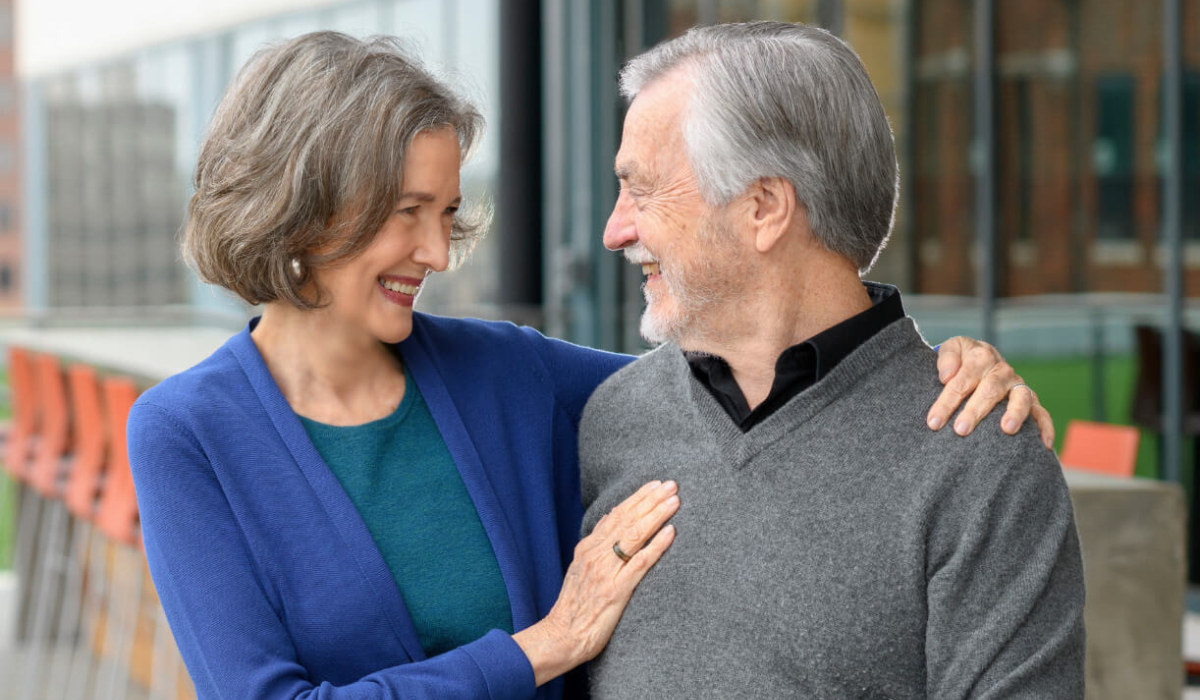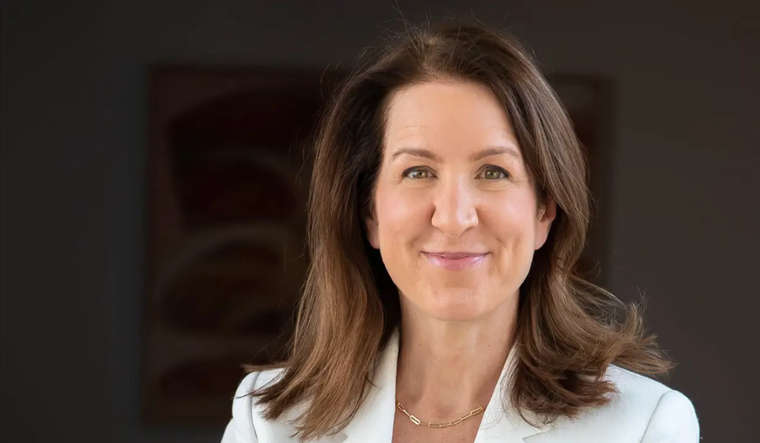5 Ways to Be a Better Listener in Your Relationships

When it comes to research on communication, talking gets all the attention. “There are just worlds of research on how to start a conversation, how to finish your conversation, how to know your side of a parallel monologue,” says Harville Hendrix, revered couples therapist, researcher, and author.
These explorations are needed, but they leave out a critical component of communication—listening, adds Harville.
He and Helen LaKelly Hunt, his partner and co-author of more than 10 books, are the founders of Imago Relational Therapy. Their global practice helps people interact more deeply and truly see one another. While Harville and Helen—widely known by their first names—acknowledge that communication is a layered process, they maintain that listening is their primary interest. It is the first step toward radical connection, but it is widely overlooked and misunderstood.
Here are five insights they shared with The Sunday Paper that uncover the truth about listening, what people often get wrong about it, and a practice that can help us all be better listeners at home and in the world.
#1: Listening Is Hard
Did you know that we only hear about one-third of what someone says to us? Humans have a deficient ear receptor of about 70 percent, says Harville, which means, on a good day, we only truly hear about 30 percent of what the other person says. "And if you're upset, you likely don't get anything accurate," he adds. "So, we have a deficiency, as a species, in receiving the auditory waves that come through the air and turning them into accurate words and sounds."
Knowing this can help us feel more empathic and willing to engage in more exchanges, adds Harville. If we know it's in our nature to only get 30 percent at best, we know it's in our best interest to hone our communication skills.
#2: Without Active Listening, We Will Never Truly Know Someone
Harville and Helen have been helping couples communicate healthily for more than five decades, and one of their biggest takeaways from their work is that listening—truly, deeply, empathetically—is the only sure way to know someone. "The reason is, if you don't listen, you'll always talk as if you knew who they were and what they think," says Harville. "But you don't, you're making it up!"
According to Harville and Helen, people tend to engage in interfacing fantasies when we're talking with one another. We think we know the other person and their motives and desires, and vice versa, and this leads to conflict. These projected fantasies are evident in couples. "They fight because they don't know who they're living with," adds Harville. "They don't know that they are putting their fantasy onto their partner and relating to that fantasy, and then are surprised that the partner is not relating back according to the way that fantasy should relate back."
Harville and Helen focus on the quality of attention in their workshops. Doing so "is necessary for people to discover the real people in an exchange," says Harville.
#3: To Listen Better, Try "Mirroring"
A critical step in Harville and Helen's healthy dialogue process is "mirroring," the act of listening to someone and then repeating back what you heard. They suggest starting with saying, 'Let me see if I got that,' and then paraphrasing or stating exactly what your conversation partner said. "You give the words back to the person," says Helen. "And then you ask, 'Did I get that accurately?' When your speaking partner confirms that you heard them correctly, you take it one step further and ask, 'Is there more about that?'
The magic of this process is how it puts people at ease. The conversation turns from each party wanting to get in their two cents to feeling more relaxed because they know the listener is actually interested. "People feel seen, heard, and valued," Helen says about the mirroring tool. "And they just feel better."
#4: You Can Truly Listen to Someone and Disagree with Them
Mirroring someone does not mean you're agreeing with them, which is the added beauty of the process: It allows you to engage with someone you may normally argue with or avoid. This is where mirroring moves into validation.
"When I say to Helen, 'You make sense and I hear you,' I'm not agreeing with her. I'm seeing her and accepting her while keeping my own reality," says Harville. "I'm not polarizing with her saying, 'Well, I got it, but it's stupid.' I'm saying, 'I'm getting it and I'm holding it.'
From there, you can move to another level where you lean into empathy and say, "Given what you told me, I can imagine what you might be feeling." Doing this leads to even deeper safety in the conversation.
#5: Remember that Listening Is Love—and It's Our Potential
If you've gone through the previous four insights and still need a listening boost, consider these famous words by theologian Paul Tillich: "The first duty of love is to listen."
Those words captivated Harville and Helen when they first heard them, and they've carried them ever since. "People can say, 'I love you, I love you, I love you,' but they're loving a fantasy most of the time," says Harville. "I can only love you when I listen to you long enough to discover who you really are."
Harville admits that, even after many decades of doing this work, it's taken him a long time to fully see the beauty of listening. "We've been talking and listening to couples and now to the world with our global social mission, for 50 years—but it didn't really show up in my mind until about a year or two ago that listening is the undeveloped potential of the human species."
Sit with that for a second: Listening is the undeveloped potential of the human species. Now go ahead and act on it. Let go of your narrative, listen generously, mirror back, and create a safe space for you and everyone around you.
The world needs it.
Please note that we may receive affiliate commissions from the sales of linked products.




